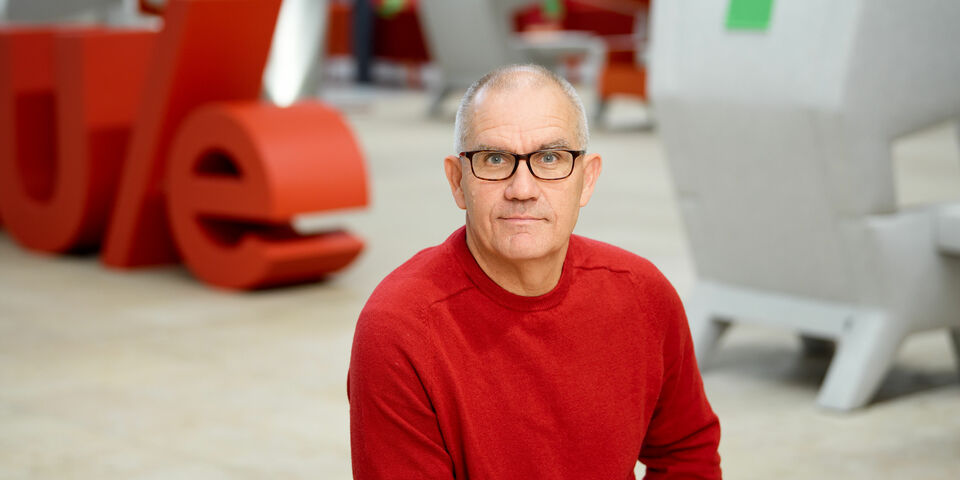Moral rebirth
Our journalistic colleagues at the University of Groningen (RUG) distributed a survey in mid-March among their international students, and three hundred of them filled it in. It revealed a shocking picture of the rude and sometimes downright discriminatory comments members of this group are confronted with on a daily basis. Immediately it set me thinking: what is the situation here at our university?
From my colleagues at Cursor I'm used to hearing that their dealings with internationals are often the most enjoyable. And personally I feel the same way. Almost without exception you find yourself talking to enthusiastic, open and motivated people. Never too busy to talk to you, always prepared to overcome a language barrier, and as a rule satisfied with their lives at our university, so it seems.
But is this really the case, or even here in Eindhoven could you tap into a hidden seam of discrimination and rudeness towards this ever growing group of students and PhD candidates?
In Groningen people were shocked by the situation uncovered by the survey. Many internationals indicated that both in personal situations and during lectures they face subtle prejudices and discrimination. Or, as a foreign alumnus of RUG expressed it, “People don't literally say: ‘You don't belong here, because you aren't Dutch’. It is the little things and the jokes, and eventually you reach a point where it's just too much ".
A little over 30 percent of the respondents had faced negatively stereotyping remarks between one and five times in the preceding three months. For 7.5 percent this occurred between five and fifteen times, and almost 5 percent said it had happened more than fifteen times.
Some 30 percent finds remarks of this nature annoying or hurtful; of this group, roughly 60 percent thinks that the jokes are not intended to be mean. 30 percent answered 'don't know', but 10 percent thinks they are indeed intended to be mean. To the question whether they had experienced racism, 13.6 percent of the respondents replied in the affirmative.
Findings like this come as a shock, and shock the rector of Groningen they did. He was concerned, but also said that he too has made similar jokes on occasion, perhaps without realizing it. “But perhaps my jokes aren't funny at all,” he added.
Which leaves the question: what is the situation at our university? Do we wound the feelings of our internationals by giving them a nickname, or by laughing at them for the way they speak English, or simply by not even being willing to talk to them? What findings would be revealed here at TU/e?
That, I believe, is a good thought for us all to ponder during the coming Easter weekend, before returning on Tuesday morally reborn to meet our foreign students and PhD candidates.


Discussion